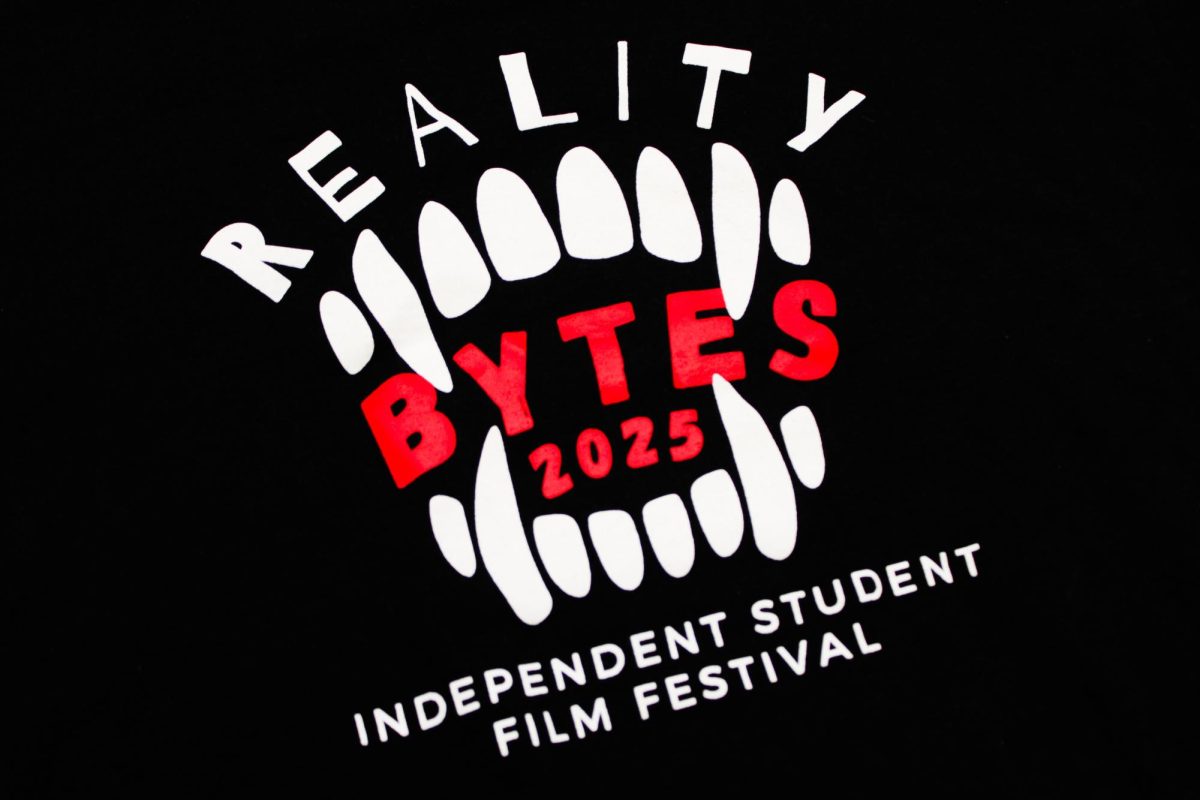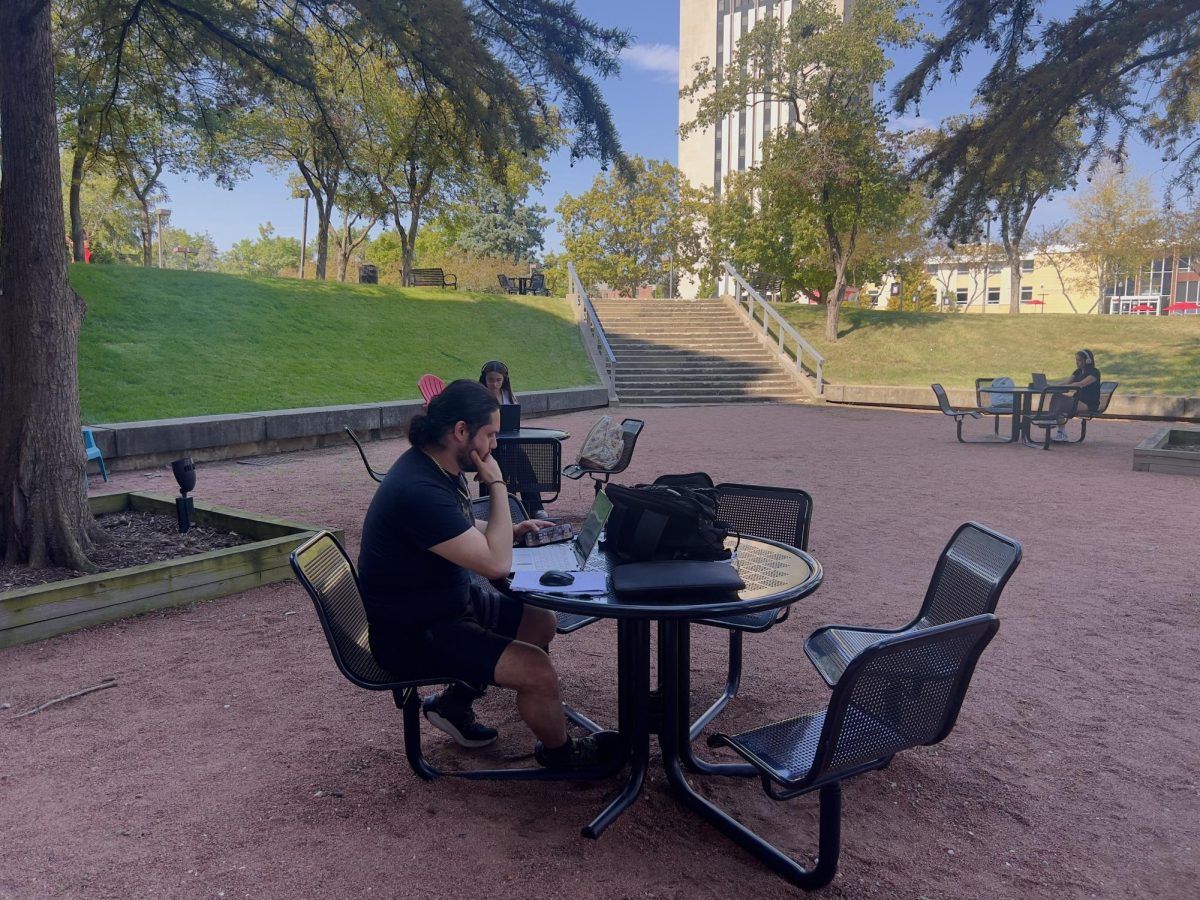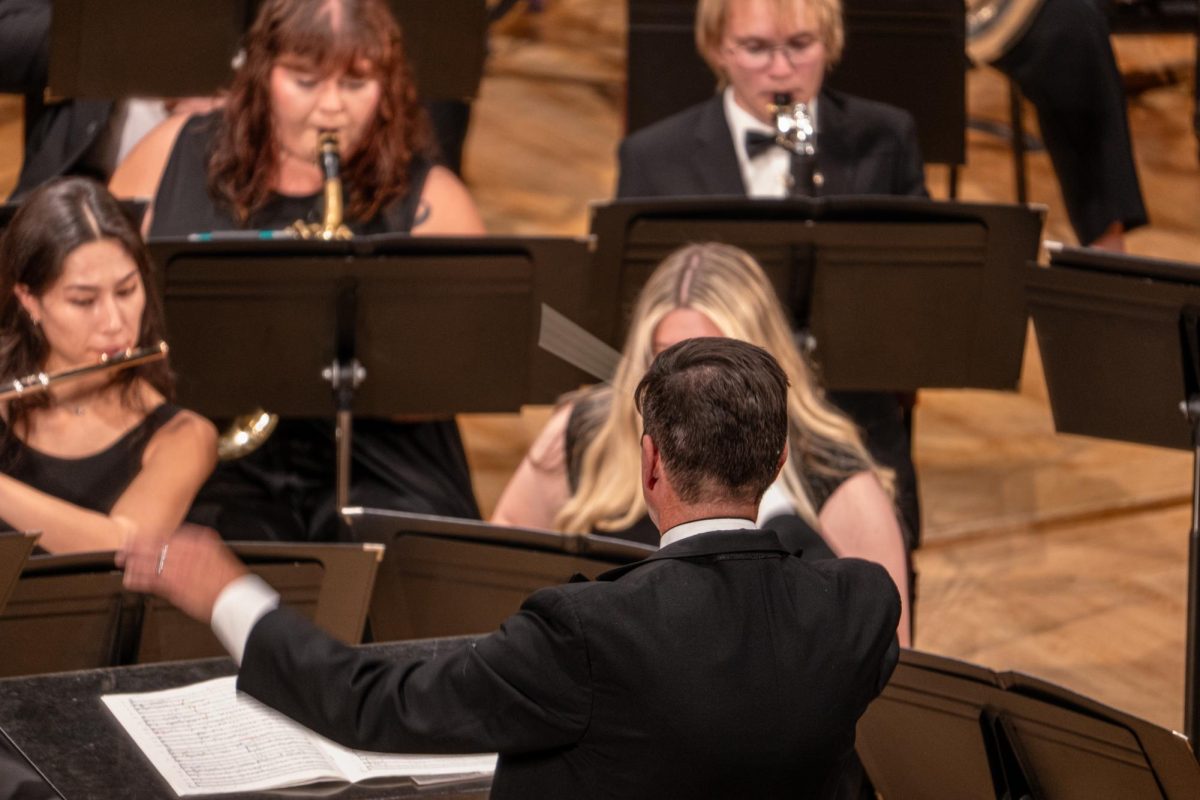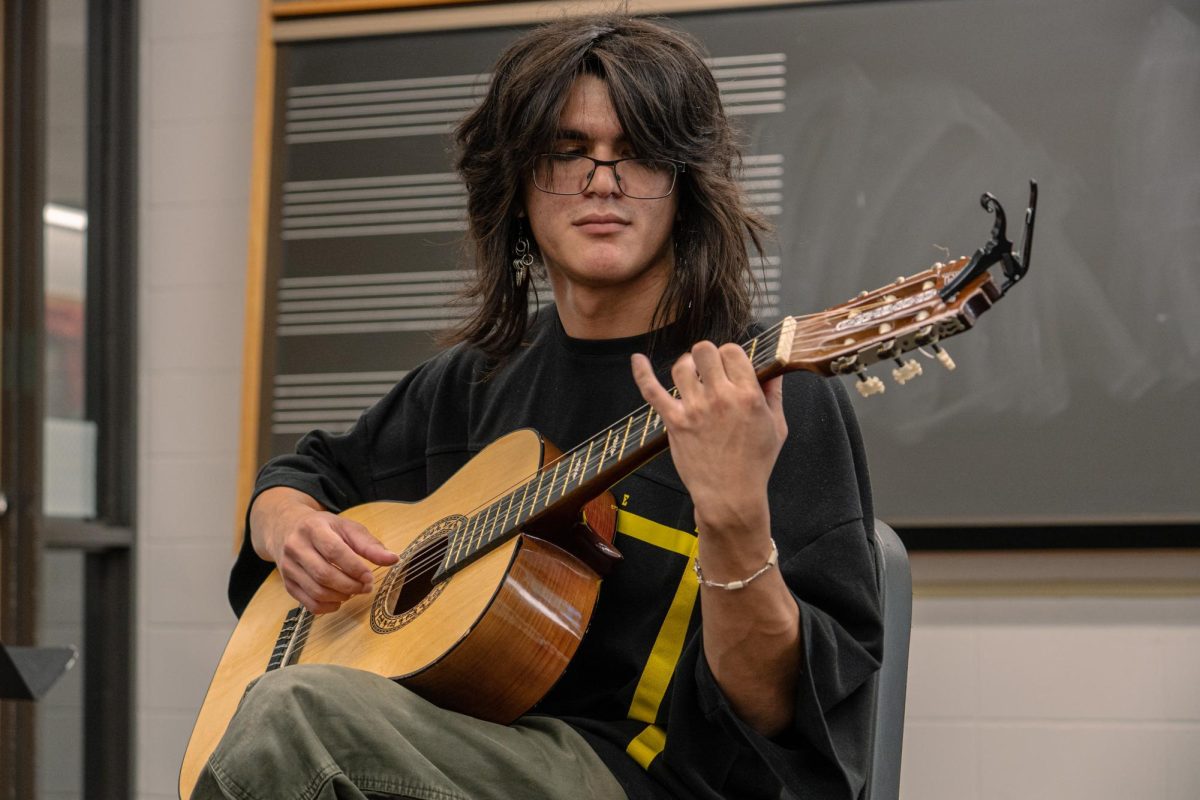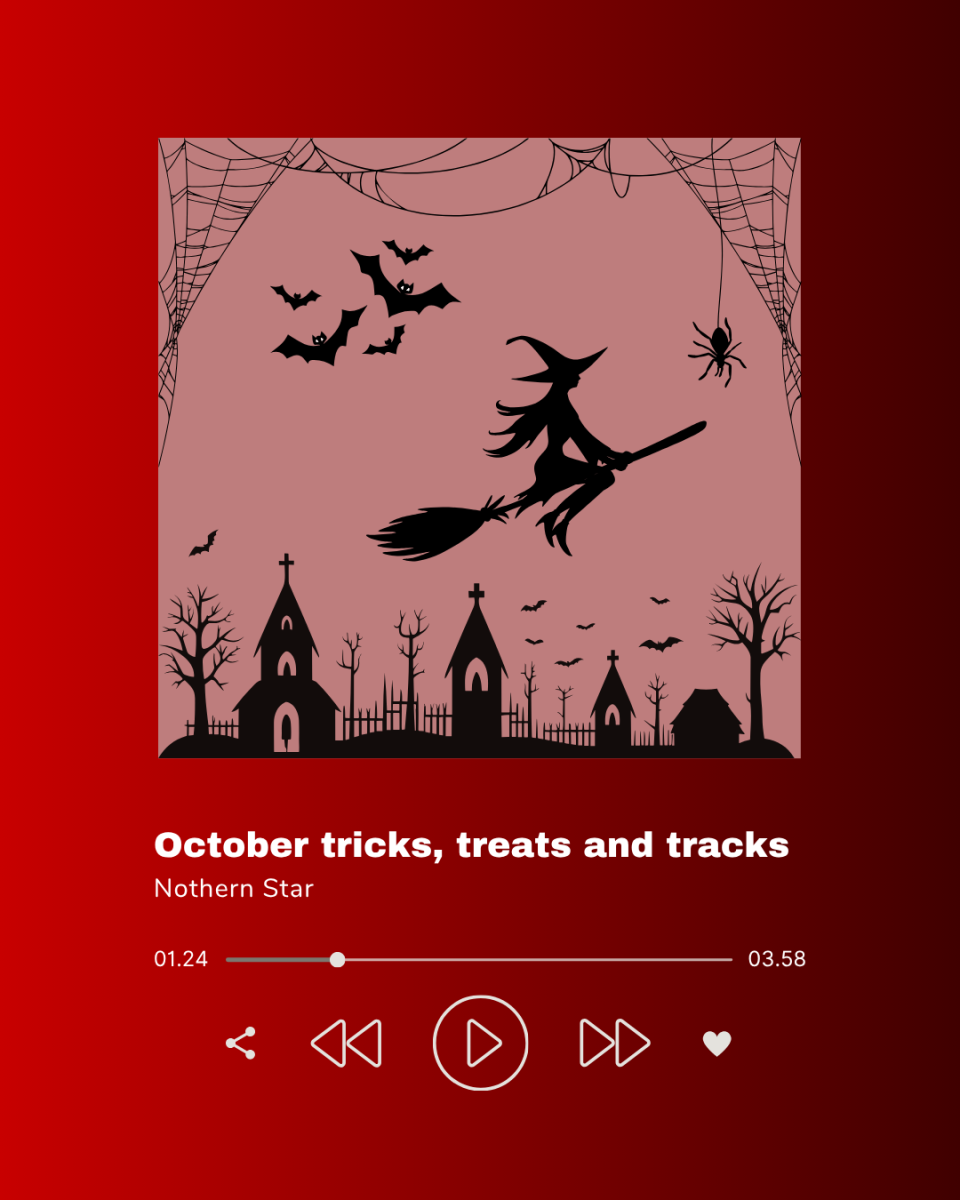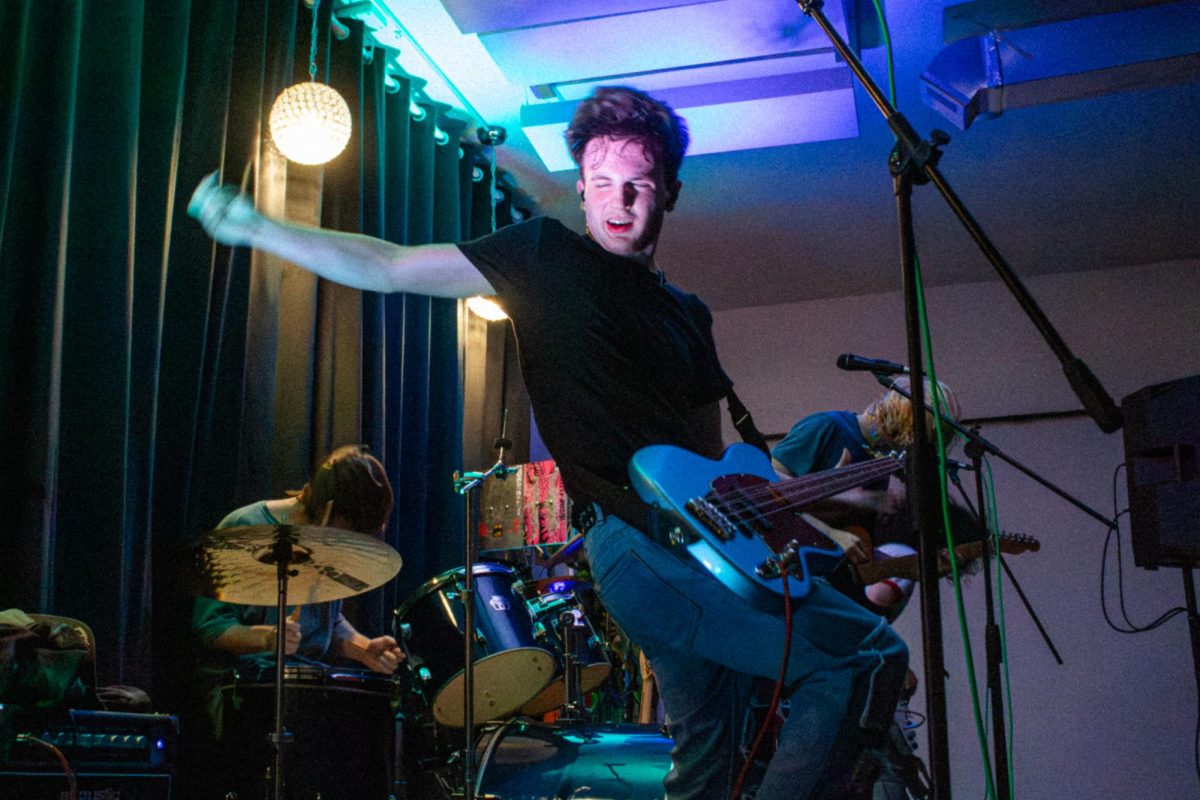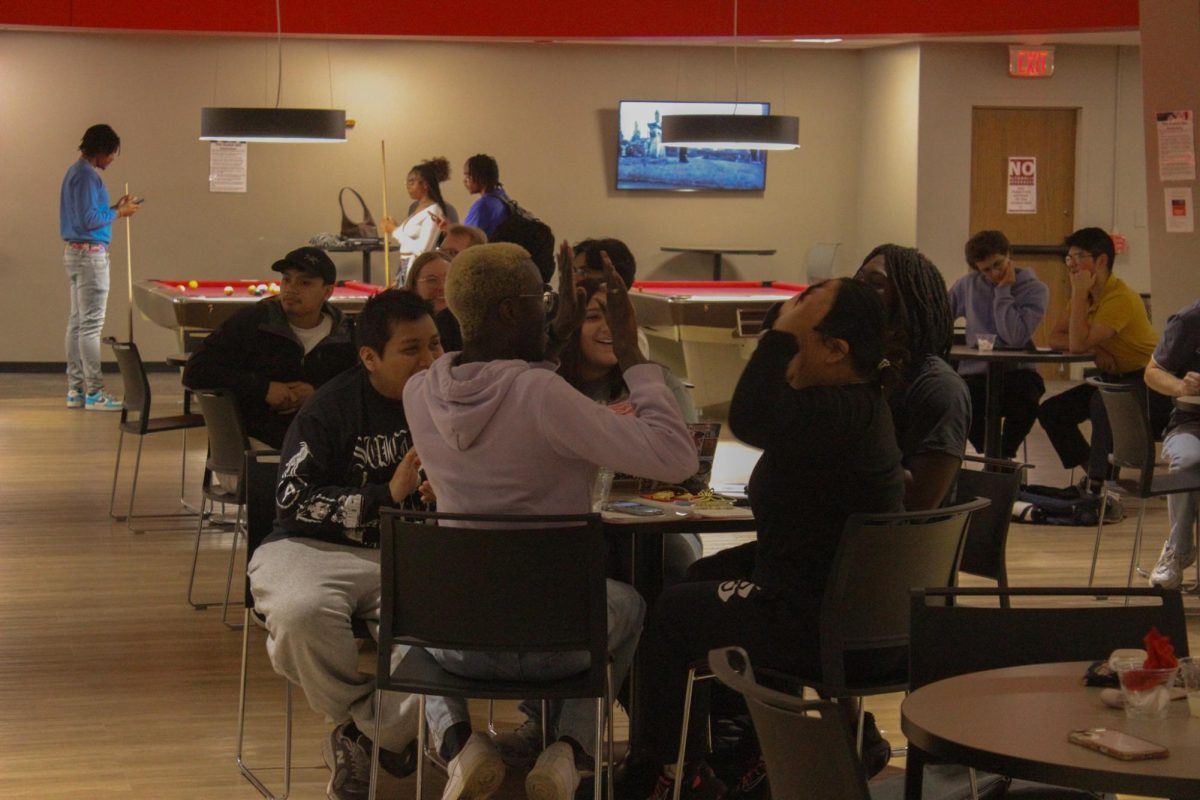The 20-year run of NIU’s independent student film festival, Reality Bytes, is now indefinitely paused.
Professor Laura Vazquez, the founder of Reality Bytes, stepped down due to a harsh workload, and the university has been unable to find a replacement.
The annual film festival, which grew from just 10 entries in 2001 to 135 submissions in 2025, became a significant undertaking that required more resources than could be provided.
Vazquez explained the time required to host the festival eventually became unsustainable.
“The class was taking me the entire year, but I was only getting credit for it for one semester,” Vazquez said. “It had just become overwhelming for me to continue to sustain.”
David Gunkel, the department chair for communications, clarified the hold was a result of Vazquez deciding to step down, not an administrative choice to terminate the program.
“The Reality Bytes Festival was not canceled,” Gunkel said. “The faculty member who is the leader of that festival, Laura Vazquez, decided to step down…There is going to be no festival, at least not for the year that’s coming.”
The communications department helped host the festival but provided no funding, relying entirely on the entry fees and student labor. Gunkel noted the department was unable to allocate funding.
Gunkel stressed the power to allocate resources rests at the administrative level and that the dean and the college administration are ultimately responsible for department funding.
Beyond giving student filmmakers an international platform, Vazquez emphasized the educational benefit the festival provided to NIU students in the Film Festival Administration course. Students in the class reviewed hundreds of submissions whilst simultaneously developing their analytical and curatorial skills.
“It gave my students who were taking the class an opportunity to review a significant number of films and to know what makes a good film and what makes a mediocre film,” Vazquez said.
Colin Kempsell, a 2024 alumnus of the program, described it as a unique experience that involved programming, marketing and graphic design.
“It was a very unique experience, one of the most hands-on experiences in the department that I took courses for,” Kempsell said.
For students and alumni, the quiet suspension of the festival is a massive blow, reinforcing a perception of neglect for media studies. The festival’s pause was conveyed simply through a short blurb on the website, offering no formal announcement to the wider university community.
From Kempsell’s perspective, the decision is a profound loss for the program’s legacy and future, saying the energy for media arts did not match the fuel that’s put in by the administration
“I don’t want to sound dramatic, but it kind of sounds like the final nail in the coffin because that was one of the last big festival things that the department really had,” Kempsell said.
He stressed that Reality Bytes offered a uniquely accessible platform for filmmakers compared to massive, expensive regional events like the Chicago International Film Festival, noting that Reality Bytes prided itself on watching every submission.
Looking ahead, Vazquez advised student filmmakers not to be deterred.
“There are lots and lots of festivals out there,” she said. “Find another one. Find one that suits your needs.”
The door, however, remains open for a reboot, provided the initiative comes from the community itself. Gunkel noted the department would cooperate with any concentrated effort.
“If some other members of the faculty or some student organization wants to, you know, sort of reboot the entire undertaking, that is something that is entirely possible,” Gunkel said. “We are willing and ready to work with them in whatever way and capacity we can.”


